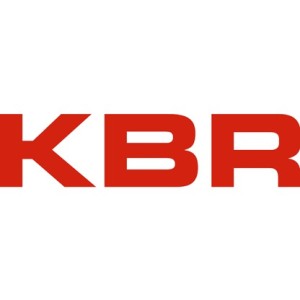Internal Investigations, the KBR Decision and International Investigations
Reading Time: 2 minutes.

In a recent post, we touched on the importance of the D.C. Circuit’s decision in KBR concerning privilege and internal investigations:
Post-recession, we are living through an era of regulators’ grimaces and prosecutors’ giddiness. Editorialists and bloggers want business scalps, especially scalps of individuals (as opposed to simple monetary fines for corporations), and most especially scalps of those in banking and finance. In the wake of the GM report and other stories about lawyers, the role of business lawyers is as suspect in the public mind as it has been for decades. It’s as though everybody smells a rat.
On the other hand, faced with ever-increasing and increasingly complex regulation, companies’ need to conduct self-reviews and internal investigations is unavoidable. Indeed, in many industries, the governing set of rules require companies to self-investigate and, under certain conditions, reveal those investigatory results to the Government. This is especially the case if the company wishes to be seen as a good citizen and a cooperator. (We have discussed the ups and downs of cooperation here and here).
In this environment, it was refreshing to see the decision of the United States Court of Appeals for the District of Columbia Circuit in In re Kellogg Brown & Root, Inc.

(Read the complete post at It’s Okay To Smell A Rat: Internal Investigations, Attorney-Client Privilege and the KBR Decision).
More recently, from our friends at the White Collar Crime Prof Blog, here and here are two good essays by Professor Lucian Dervan of Southern Illinois University on KBR, privilege and the implications for international internal investigations.